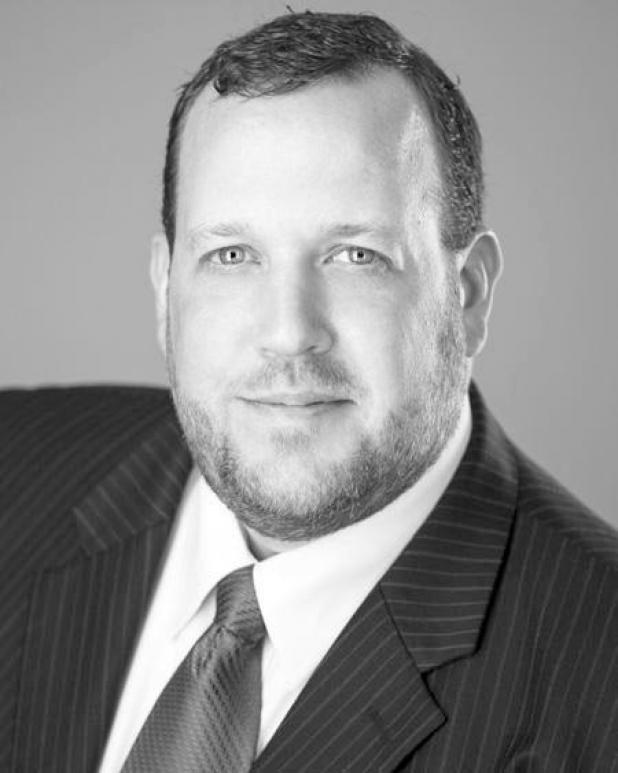
Jeremy Alford: The cost of Louisiana politics is going up
Everything from paper and personnel to polling and postage will cost campaigns more money during the current election cycle and in the next. Much to the delight of consultants and candidates across Louisiana, however, donors and political underwriters appear up to the challenge.
As a result, this ongoing federal cycle and our 2023 statewide elections will host some of the most well-funded candidates and expensive races we’ve ever seen. That tracks trends nationally, especially as the costs of the current federal midterm elections are projected to exceed a record-breaking $9.3 billion.
Already there are eyebrow-raising numbers coming out of the re-election campaign of U.S. Sen. John Kennedy.
When he was first elected to the Senate in 2016, Kennedy and a field of challengers raised $25.2 million combined. For the current cycle, Kennedy has raised $29 million by himself. So far.
A few weeks ago, the fundraising apparatus of Attorney General Jeff Landry, an expected gubernatorial candidate, also collected more than $2 million in donations from a single event. Put into perspective, many politicos believe a serious candidate for governor will need at least $4 million in the bank by next summer.
While egos are helping drive these tallies, candidates are raising more because — believe it or not — they have to spend more. People, through the mail and in person, are voting earlier, meaning modern campaigns are starting sooner and lasting longer. Throw inflation into the mix and you start to see just how costly electioneering has become.
Staffing obstacles are among the most costly challenges. Up and down the ballot, in statewide and local races, campaign managers are increasingly being replaced by general consultants, who are in turn hiring glorified assistants who get to call themselves campaign managers.
“Shortages of traditional campaign workers are causing more candidates to move toward consultants,” said GOP consultant Kyle Ruckert of Bold Strategies. “I attribute some of that shortage to the fact that we had so many expensive and competitive races for a decade or so in the early 2000s. A lot of staff-level folks came out of that period and became consultants or moved on to other opportunities.”
Some of that staff-level infrastructure was never replenished, added Ruckert, who joined other consultants recently at the Old State Capitol for a “Dissecting
Campaigns” panel that focused on management issues.
“I find it’s a bigger issue in Louisiana for some reason,” said Democratic consultant Trey Ourso of Ourso Beychok. “That may be due to our open primary system. We don’t really have a farm team on the parish level where we can nurture young men and women to be political professionals.”
A more pressing challenge for Ourso this year has been direct mail, his specialty. The United States Postal Service recently increased its rates (again), making each piece of mail about 10 cents more expensive.
“And there’s challenges with getting paper, too,” said Ourso. “A few plants shut down, quite a few converted to using different kinds of paper and supplies from Europe have been held up. We’ve been doing mail for nearly 25 years. This year, we might print and mail 12 or 15 million pieces. This is the first time I was buying paper in March and April — into the six figures — ahead of time because it was so hard to get.”
Polling is another area of growing concern to campaigns and candidates. “It has become more difficult to do,” said demographer and consultant Greg Rigamer of BDPC in New Orleans. “For every 10 to 15 numbers, we used to get one interview. Now you need about 60 to 70 numbers to get a completed interview.”
As basic operations like polling become more expensive, campaigns are learning to rely more on assistance from super PACs (political action committees) and political nonprofits (dark money groups), which are outfits that can accept unlimited amounts of money that can then be used to promote candidates, demonize challengers or generally educate voters.
The mainline political parties have sued unsuccessfully to gain the same ability, leaving many to wonder if state parties will become less relevant during the current cycle and the next. “They’re not as relevant as campaign organizations,” said Rigamer. “I’ve worked for very few candidates who actually benefited greatly from state party support.”
On the other hand, if a candidate can manage to attract the attention of the national parties, that can be a game-changer. “We’ve worked with the Senate Majority PAC,” said Ourso. “They can pump in a lot of money.”
Short of having a hot race that ranks nationally, though, candidates and campaigns will be left to fend for themselves as expenses mount. Luckily, donors in Louisiana and elsewhere are sympathetic to the ever-increasing costs of enticing voters.
Whether these donors will want a bigger return on their ever-increasing investments is an entirely different matter.
For more Louisiana political news, visit www. LaPolitics.com .
